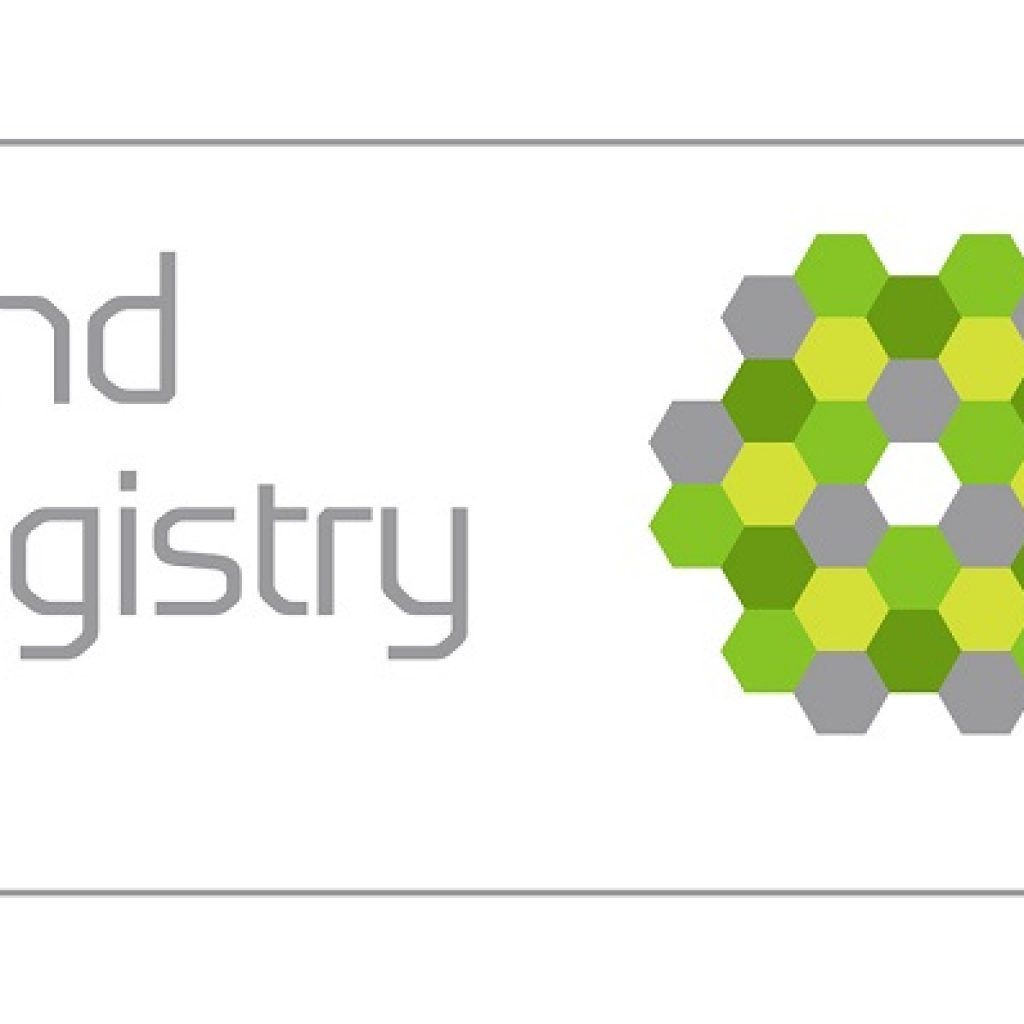Land Registry have highlighted the importance of user feedback when a new service is being introduced. Despite retrieval sometimes being challenging, obtaining the views of customers is vital for the service’s development and ensuring it is user-friendly.
Land Registry’s Digital Mortgage service aims to digitise the mortgage process where there is no change of ownership and the mortgage is simply being added to an existing title register. On a monthly basis, Land Registry receives an estimated 30,000 applications of this kind. By allowing this service to be accessed online and signed digitally by the borrower, time will be saved by lenders, the Registry and borrowers themselves as signatures will no longer need to be obtained by post.
The new service has been tested by conveyancers, lenders as well as Registry staff in order to gain the views of all those who are to be involved in the process. Land Registry must also take into account the relevant legislation which relates to the system’s set up in order to ensure it complies.
Although gathering opinions and making sure that the service complies with the law is important, establishing that there is a demand for the Digital Mortgage could be considered even more so.
Land Registry contacted around 20 people who were in the middle of the typical paper remortgage process. After testing a trial model of the new service, they compared the digital system to the existing paper one and provided the Registry with feedback on their views.
According to the comments received, the Registry found that the phrase ‘signing digitally’ was not always clearly understood. In order to sign the deed, users will first complete an identity verification process. The Registry state that a code will then be sent to the customer’s mobile which they would need to enter, before pressing a button to complete the process.
Feedback also indicated that completing things online was preferred due to the increasing pace of everyday life; it appeared that convenience and speed were prioritised by potential users. When it came to digitally signing their deed, the majority of the trial customers stated that they used multiple devices including mobile phones and tablets as well as computers to do so. The traditional pen and paper method was only favoured by one couple.
Numerous challenges with the paper mortgage process were also highlighted by some customers. One told the Registry that he had experienced difficulties in finding a suitable witness for his signature whilst another had his mortgage documents lost in the post twice. Problems such as these would not arise with the digital system.
Gaining qualitative opinions from people who are really going through the remortgage process provides the Registry with truly valuable feedback. They state that it enables them to analyse the service from all angles and understand which areas require improvement as well as those which work effectively. Engaging with potential users is the best way to create a system which they will actually want to use.




















